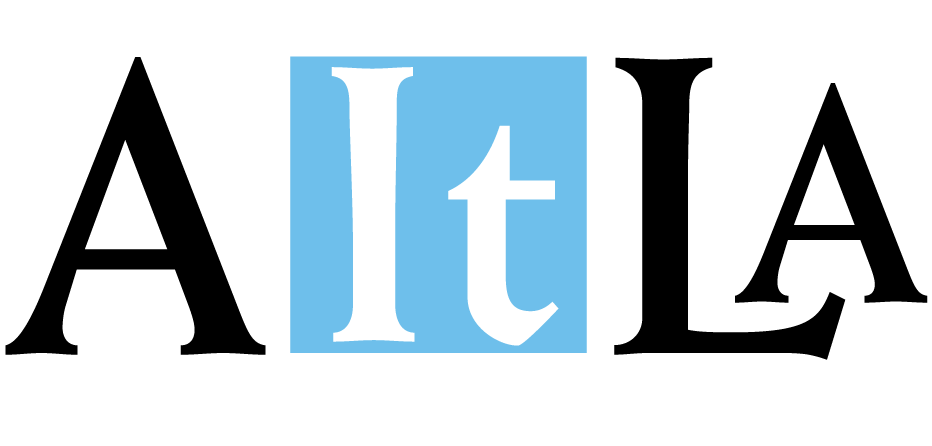TESL CANADA JOURNAL
Call for Papers
2017 Special Issue of TESL Canada Journal
Formulaic Language in English language acquisition and teaching
Guest Editor: David Wood, PhD
Formulaic language is a linguistic phenomenon which is basic to human communication. The term refers to multiword units, which may be continuous or not, which have a single meaning or function in communication, and which are probably prefabricated or stored and retrieved mentally as if a single word . Learners struggle with formulaic sequences and, for example, often fail to interpret their meanings accurately, even when given ample contextual clues . While the body of research on formulaic language is large and growing in areas such as psycholinguistic processing, analysis of the role of formulaic language in specific genres and registers of language, and extraction from texts using corpus analysis tools, there are a number of issues yet to be addressed fully in researching the teaching and acquisition of formulaic language. For example, how can we be sure that acquisition of specific formulaic sequences is adequate in causing general language gain? Are there particular strategies which learners can be taught which will help them to be more readily capable of perceiving and integrating formulaic sequences in their own language repertoire without explicit teaching? Similarly, how can we be sure that our instructional techniques have lasting effects? Clearly, the teaching of formulaic language is an area still ripe for investigation by researchers and teachers alike. This Special Issue of TESL Canada Journal will include papers sharing a focus on the teaching and acquisition of formulaic language, and may present empirical studies or literature reviews with fresh and practical conclusions. Book reviews and practical “In the classroom” short papers will also be included. To review Author Guidelines and the three categories of Research, In the Classroom, and Perspectives articles, please refer to http://www.teslcanadajournal.ca/index.php/tesl/about/submissions. As part of the submission process, authors are required to download the TESL Canada Journal Submission Form on that page and to send it to Questo indirizzo email è protetto dagli spambots. È necessario abilitare JavaScript per vederlo. as an attachment, along with their manuscript. Questions regarding this special issue should be directed to Questo indirizzo email è protetto dagli spambots. È necessario abilitare JavaScript per vederlo.. Deadline: Full manuscripts are due June 1, 2017.